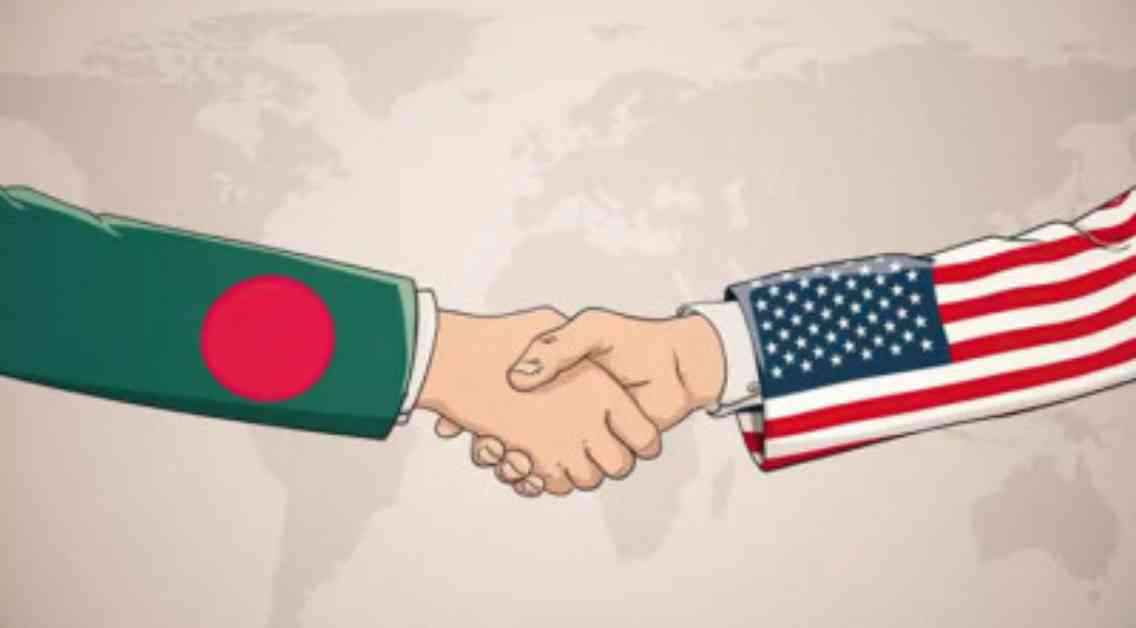The recent decision by the United States to halt all types of foreign aid programs and freeze new aid approvals is expected to have a significant impact worldwide. Among the many countries affected, Bangladesh is likely to face challenges in budget support, social welfare programs, and development initiatives if the suspension persists. Economic experts believe that while short-term effects may be minimal, the long-term consequences could be substantial. Specifically, Bangladesh’s budget support, social welfare, and development projects may face difficulties, necessitating diplomatic initiatives to address the situation.
Expert Insights on Economic Impact
Renowned economist and former financial advisor, Dr. A. B. M. Mofizul Islam, highlighted that the suspension of various aid programs by the United States may not have an immediate impact due to the relatively low amount of aid received through USAID in Bangladesh. However, he cautioned that if contributions from institutions like the World Bank, IMF, and ADB are also reduced, it could pose challenges to the country’s budget support and social welfare projects in the long run. The duration of the suspension will determine the extent of its impact on these initiatives.
Professor Dr. Mostafizur Rahman, a distinguished economist and Fellow at the Center for Policy Dialogue, emphasized that the United States’ decision has global implications beyond Bangladesh. While the order affects aid to all countries, the nature of cooperation with Bangladesh will have a significant bearing on the country’s future. The situation will be reviewed after three months to determine the course of action and the role Bangladesh will play. It underscores the importance of continuous dialogue and negotiation between the two nations to maintain economic ties and cooperation.
Challenges and Policy Considerations
Paban Chowdhury, former Chairman of the Board of Investment in Bangladesh, noted that the US decision to suspend foreign aid programs does not directly impact the country’s investments. However, he stressed the need for policy simplification to attract more investments, especially as Bangladesh navigates its current economic landscape. With the mid-point of the fiscal year approaching, there is a critical period ahead, and negotiations must begin immediately to address potential challenges in the upcoming budget and development projects.
The United States’ directive to halt foreign aid programs has implications for critical sectors such as democracy and governance, basic education, and environmental programs in Bangladesh. USAID’s initiatives are among the largest in Asia, providing essential support in areas like health, food security, and crisis response. While immediate humanitarian assistance for Rohingya refugees remains a priority, the broader impact on ongoing programs and future collaborations will be subject to review after 90 days. International partnerships in military and economic aid with countries like Israel and Egypt are expected to continue unaffected.



























